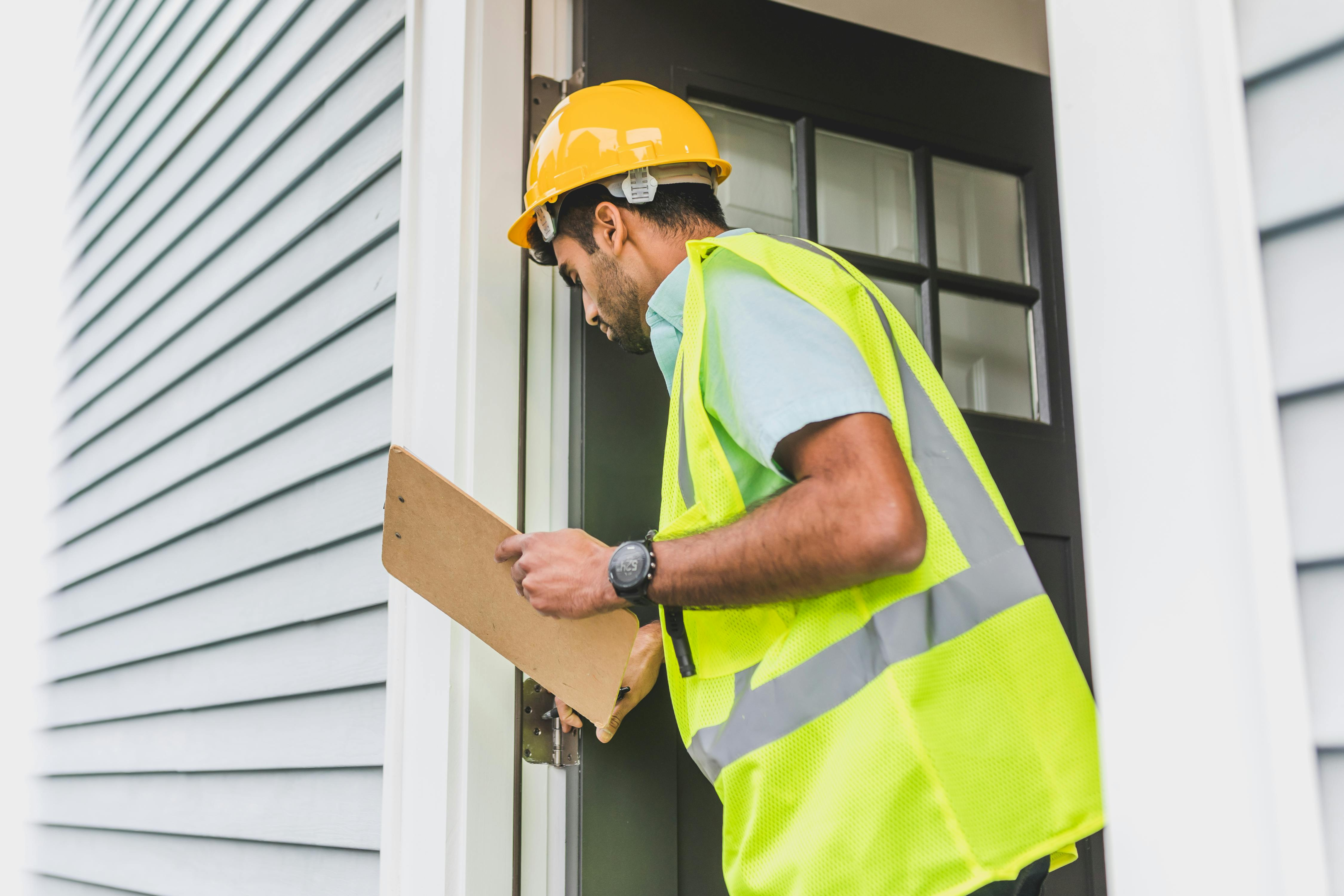In real estate, the home inspection is a crucial step. A home inspector takes a deep look into the condition of the prospective residence, assessing its structural integrity, systems, and overall functionality. Within this crucial stage, the home inspector's role cannot be overstated.

Understanding the Home Inspection Process
The home inspection process typically happens during the due diligence period of a real estate transaction, after the purchase agreement has been signed but before the closing. Here's a step-by-step overview of what to expect during a home inspection:
-
Hiring a Professional Home Inspector: A crucial first step in the home inspection process is selecting a qualified and experienced home inspector. Real estate agents often have recommendations for reputable inspectors who can conduct a thorough assessment of the property.
-
Conducting the Inspection: The home inspector will examine the property's major systems and components, including the roof, foundation, HVAC system, electrical system, plumbing, and more. They will also check for safety issues, code violations, and structural defects.
-
Generating the Inspection Report: Following the inspection, the home inspector will compile their findings into a detailed report, which outlines any deficiencies, repairs needed, or potential issues discovered during the inspection. This report is typically provided to the buyer, who can then review it with their real estate agent.
-
Reviewing the Report and Negotiating Repairs: After receiving the inspection report, the buyer and their real estate agent will review the findings and determine if any repairs or concessions are warranted. Depending on the severity of the issues identified, negotiations may ensue between the buyer and seller to address repair concerns.
The Importance of the Home Inspection Report
The home inspection report provides a comprehensive overview of the property's condition, giving valuable insights for both buyers and sellers. Here's why the home inspection report is a critical component of the real estate transaction:
Identification of Major and Minor Issues: The inspection report highlights any major problems, safety concerns, or structural issues that may require immediate attention. Additionally, it may also identify minor issues or maintenance items that the buyer should be aware of.
Negotiation Tool: Armed with the inspection report, buyers can negotiate repairs or concessions with the seller to address any issues uncovered during the inspection. Depending on the severity of the problems, negotiations may result in a price reduction, repair credits, or repairs completed prior to closing.
Peace of Mind for Buyers: For buyers, the home inspection report offers peace of mind by providing transparency about the property's condition. It enables buyers to make informed decisions and proceed with the purchase confidently, knowing the true state of the property they are buying.
Disclosure for Sellers: For sellers, the inspection report serves as a disclosure document that reveals the property's condition to potential buyers. By addressing any issues upfront or adjusting the asking price accordingly, sellers can mitigate the risk of surprises and facilitate a smoother transaction.
Key Considerations for Home Buyers
When scheduling a home inspection as part of the home buying process, here are some key considerations for buyers to keep in mind:
Professional Home Inspector: Ensure that you hire a qualified and reputable home inspector who is experienced in conducting thorough inspections. A good inspector will have the expertise to identify both major and minor issues, providing you with a comprehensive assessment of the property.
Review the Inspection Report: Take the time to review the inspection report in detail with your real estate agent. Pay attention to any major defects, safety concerns, or structural issues identified in the report, and consider how they may impact your decision to move forward with the purchase.
Negotiate Repairs or Concessions: If the inspection uncovers significant issues or safety hazards, don't hesitate to negotiate repairs or concessions with the seller. Work with your real estate agent to determine the best course of action and advocate for your interests during the negotiation process.
Consider Specialty Inspections: In addition to a standard home inspection, consider scheduling specialty inspections for specific areas of concern, such as the roof, HVAC system, or electrical wiring. These additional inspections can provide added peace of mind and ensure a thorough assessment of the property.

The Role of Home Inspections in Real Estate Transactions
Home inspections provide buyers with valuable information about the condition of a property and helping to mitigate risk for all parties involved. Here's why home inspections are essential in the home buying process:
Detecting Safety Issues: Home inspections help to identify safety hazards and potential risks that may pose a threat to occupants, such as faulty wiring, leaky roofs, or structural defects. By detecting these issues early on, home inspections can prevent accidents and ensure a safe living environment for homeowners.
Revealing Hidden Problems: In some cases, home inspections may uncover hidden problems or defects that are not readily apparent during a visual inspection. From hidden water damage to structural issues concealed behind walls, home inspectors are trained to identify potential issues that may not be visible to the naked eye.
Negotiating Repairs or Price Reductions: Armed with the information provided in the inspection report, buyers can negotiate repairs or price reductions with the seller to address any issues discovered during the inspection. This allows buyers to proceed with the purchase confidently, knowing that any significant defects or safety concerns have been addressed.
Providing Peace of Mind: For both buyers and sellers, home inspections provide peace of mind by offering transparency about the condition of the property. By conducting a thorough inspection and reviewing the inspection report, buyers can proceed with the purchase confidently, while sellers can rest assured knowing that any issues have been disclosed upfront.
Making Informed Decisions with Home Inspections
Home inspections are an unavoidable part in the home buying process, providing buyers with valuable information about the condition of a property and helping to mitigate risk for all parties involved. By hiring a professional home inspector, reviewing the inspection report thoroughly, and negotiating repairs or concessions when necessary, buyers can make informed decisions and ensure a sound investment in their future home. Whether you're a first-time buyer or a seasoned homeowner, a home inspection is an essential tool for protecting your investment and ensuring the safety and integrity of your home for years to come.




